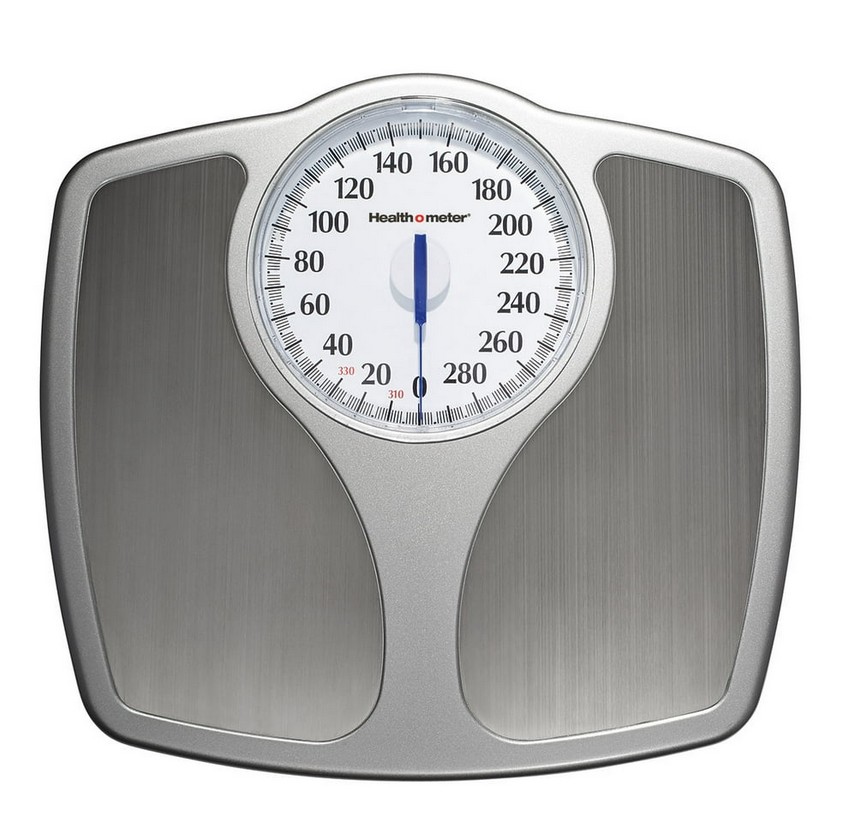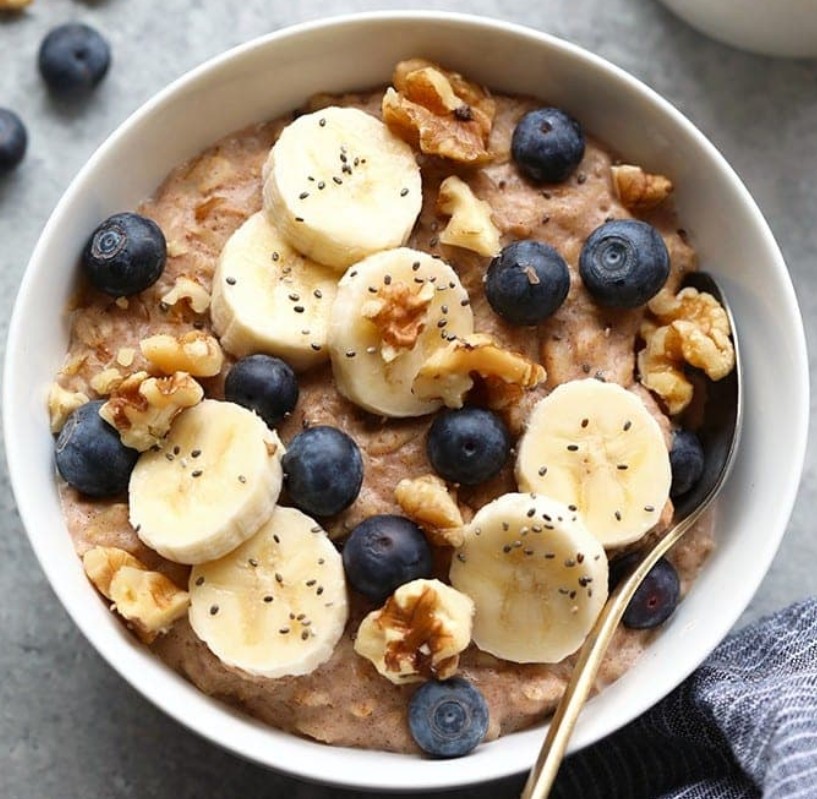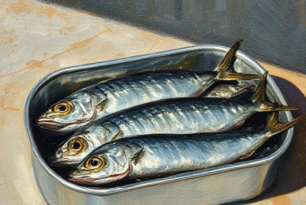We’ve all heard the promises. “Lose ten pounds in ten days.” “Drop two sizes by summer.” “This time, it’ll work.” Diet culture doesn’t whisper — it shouts. And it’s loudest when you’re feeling soft, tired, vulnerable, or quietly desperate for a change.
So you diet. Again. You count, restrict, substitute, and strategize. You become hyperaware of hunger and numbers and rules. You feel the momentary thrill of control — until you don’t.
Then it unravels.
Because no matter how “clean,” “disciplined,” or “on track” you try to be, something breaks. Maybe it’s a weekend. Maybe it’s your willpower. Maybe it’s just a slice of birthday cake that tastes too much like freedom to say no. And then comes the shame. The spiral. The feeling of failure, followed by the silent vow to try harder — Monday.
But what if the failure isn’t yours?
What if the failure is the system — this endless loop of dieting that keeps promising a finish line that never arrives?
How not to diet begins with a radical act: refusing to let your worth be measured by a scale or a set of macros. It starts when you stop asking, “What’s wrong with me?” and start asking, “What if the rules themselves are broken?”
Because here’s the truth no one profits from telling you: your body isn’t meant to be a project. It’s not a constant before-and-after. It doesn’t need to be hacked, punished, or perfected. Your body is an ecosystem. It craves nourishment, movement, sleep, and kindness — not shortcuts or shame.
Not dieting means learning to listen again. To hunger cues. To fullness. To what your body wants, not what an influencer or app tells you it should want. It means feeding yourself regularly, even if you’re not eating “perfectly.” It means remembering that food is not just fuel — it’s culture, joy, memory, connection.
Not dieting means seeing exercise as something that supports your energy and spirit, not something that erases calories. It means having days where your body feels heavy, and others where it feels light — and honoring both without judgment.
It also means confronting the hard stuff: the fear of weight gain, the pressure to look a certain way, the internalized belief that thin equals better. Unlearning all of that is not easy. It’s not quick. But it is possible — and it’s worth it.
You don’t have to call it intuitive eating. You don’t have to label it anything. You can just call it being a human who eats. Who trusts themselves. Who wants to feel good in a sustainable, peaceful, real way.
So how not to diet?
- Stop chasing rules. Start choosing care.
Less obsession, more curiosity.
Less restriction, more nourishment.
Less control, more connection.
Because when you stop dieting, you make space for something better: a life where food is not the enemy. A body that is not a battle. A mind that is not constantly at war with your plate.
And maybe, for the first time in a long time, you get to just be.




